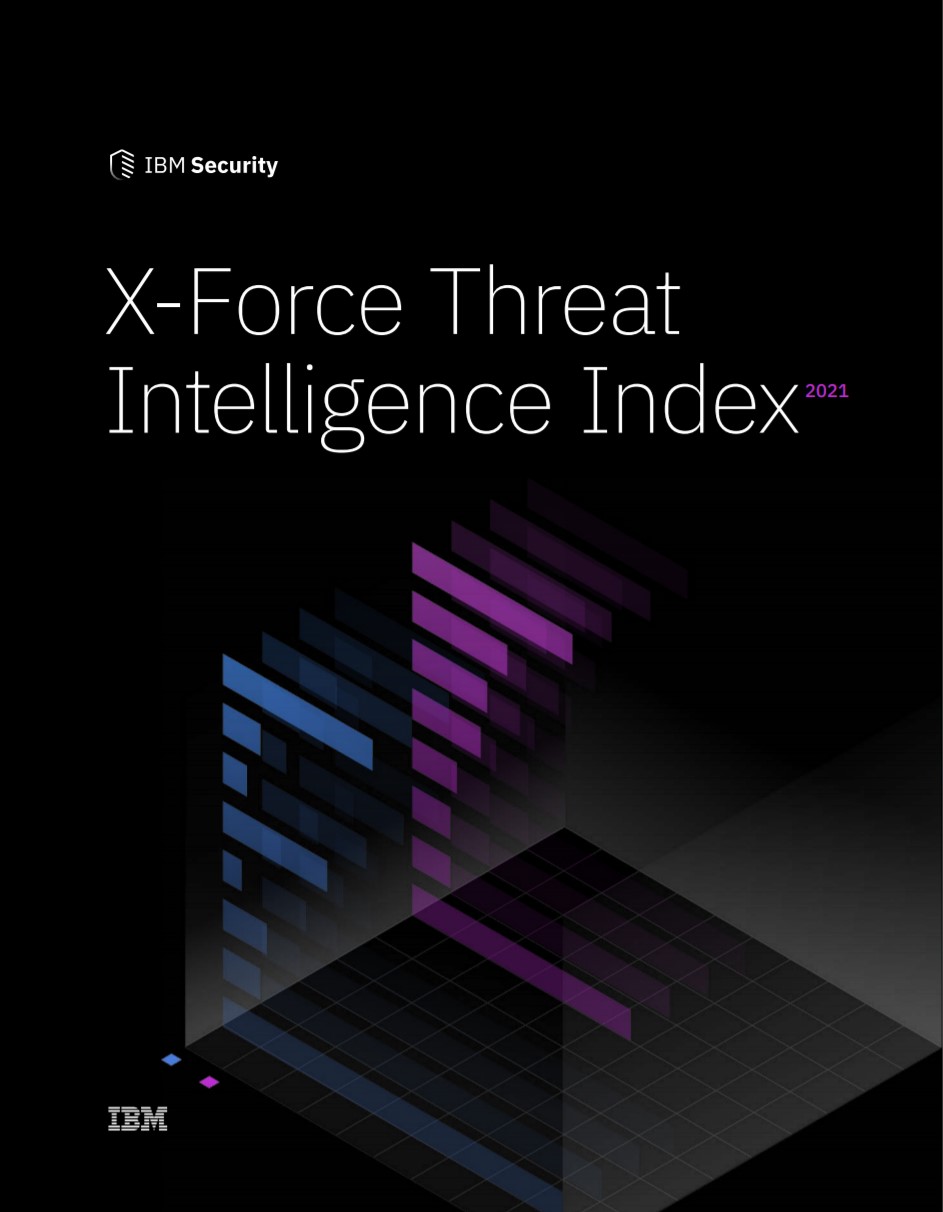Researchers spot opportunistic phishing attacks in wake of Kaseya VSA ransomware
Phishing campaign claims to offer emergency patches to fix vulnerable software


Hackers have been discovered launching opportunistic phishing attacks against victims that pretend to be security updates for the Kaseya VSA product, vulnerable software recently exposed to a ransomware attack.
The phishing emails warn victims that they should “install the update from Microsoft to protect against ransomware as soon as possible. This is fixing a vulnerability in Kaseya", according to a blog post by Malwarebytes.
This appears to be a classic example of an opportunistic attack likely conducted by another hacking group off the back of a high-profile cyber attack, the researchers claim.
“With Kaseya being a big name in the MSP world and the company attempting to take their VSA SaaS platform off the ground, post-attack, it’s the perfect time and opportunity to also capitalize on organizations who are eagerly waiting for the hotfix that REvil exploited in the first place so they can get back to business as quickly as possible,” said the researchers.
The emails appear to be using SecurityUpdates.exe and ploader.exe as attachments, both of which use the Cobalt Strike payload.
Researchers also noted that the location where the payload is hosted appears to be the same IP address used in another malspam campaign that was pushing Dridex, a known information stealer. They added that hackers behind Dridex campaigns were also observed using Cobalt Strike.
RELATED RESOURCE

X-Force Threat Intelligence Index
Top security threats and recommendations for resilience
Cobalt Strike itself is legitimate software used as “adversary simulation software”, however, ransomware actors have abused such software to target organizations.
Get the ITPro daily newsletter
Sign up today and you will receive a free copy of our Future Focus 2025 report - the leading guidance on AI, cybersecurity and other IT challenges as per 700+ senior executives
Last month, researchers at Proofpoint said that the use of legitimate tools, such as Cobalt Strike, had increased 161% from 2019 to 2020 and remains a high-volume threat in 2021.
Researchers warned organizations affected by the Kaseya ransomware attack should only get patches straight from their vendor.
“Links and/or attachments sent over your way, even from a trusted colleague, should be suspect until you have confirmed with your vendor of the availability of a patch and where or how to get it,” they added.
“Opportunists will show no mercy in targeting cyber attack victims multiple times as long as they get something out of it.”
Researchers added that with the use of Cobalt Strike, hackers intend to also gain access to already-compromised systems, possibly for further reconnaissance or to conduct a local, follow-up attack.
Rene Millman is a freelance writer and broadcaster who covers cybersecurity, AI, IoT, and the cloud. He also works as a contributing analyst at GigaOm and has previously worked as an analyst for Gartner covering the infrastructure market. He has made numerous television appearances to give his views and expertise on technology trends and companies that affect and shape our lives. You can follow Rene Millman on Twitter.
-
 Cleo attack victim list grows as Hertz confirms customer data stolen – and security experts say it won't be the last
Cleo attack victim list grows as Hertz confirms customer data stolen – and security experts say it won't be the lastNews Hertz has confirmed it suffered a data breach as a result of the Cleo zero-day vulnerability in late 2024, with the car rental giant warning that customer data was stolen.
By Ross Kelly
-
 ‘Phishing kits are a force multiplier': Cheap cyber crime kits can be bought on the dark web for less than $25 – and experts warn it’s lowering the barrier of entry for amateur hackers
‘Phishing kits are a force multiplier': Cheap cyber crime kits can be bought on the dark web for less than $25 – and experts warn it’s lowering the barrier of entry for amateur hackersNews Research from NordVPN shows phishing kits are now widely available on the dark web and via messaging apps like Telegram, and are often selling for less than $25.
By Emma Woollacott
-
 Healthcare systems are rife with exploits — and ransomware gangs have noticed
Healthcare systems are rife with exploits — and ransomware gangs have noticedNews Nearly nine-in-ten healthcare organizations have medical devices that are vulnerable to exploits, and ransomware groups are taking notice.
By Nicole Kobie
-
 Alleged LockBit developer extradited to the US
Alleged LockBit developer extradited to the USNews A Russian-Israeli man has been extradited to the US amid accusations of being a key LockBit ransomware developer.
By Emma Woollacott
-
 February was the worst month on record for ransomware attacks – and one threat group had a field day
February was the worst month on record for ransomware attacks – and one threat group had a field dayNews February 2025 was the worst month on record for the number of ransomware attacks, according to new research from Bitdefender.
By Emma Woollacott
-
 CISA issues warning over Medusa ransomware after 300 victims from critical sectors impacted
CISA issues warning over Medusa ransomware after 300 victims from critical sectors impactedNews The Medusa ransomware as a Service operation compromised twice as many organizations at the start of 2025 compared to 2024
By Solomon Klappholz
-
 Warning issued over prolific 'Ghost' ransomware group
Warning issued over prolific 'Ghost' ransomware groupNews The Ghost ransomware group is known to act fast and exploit vulnerabilities in public-facing appliances
By Solomon Klappholz
-
 The Zservers takedown is another big win for law enforcement
The Zservers takedown is another big win for law enforcementNews LockBit has been dealt another blow by law enforcement after Dutch police took 127 of its servers offline
By Solomon Klappholz

